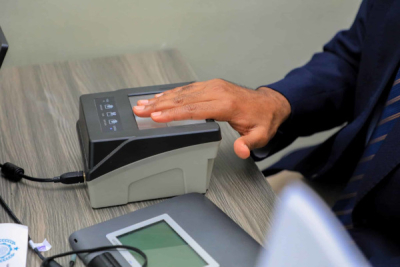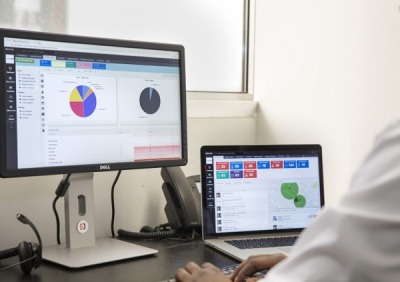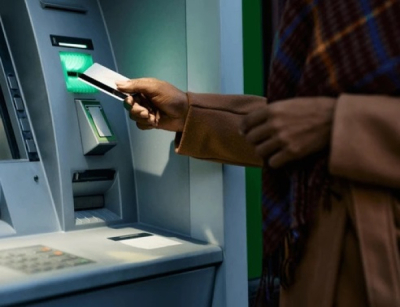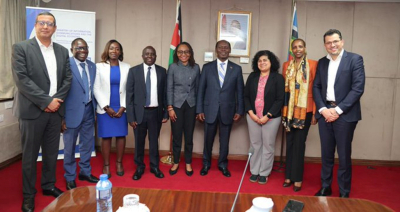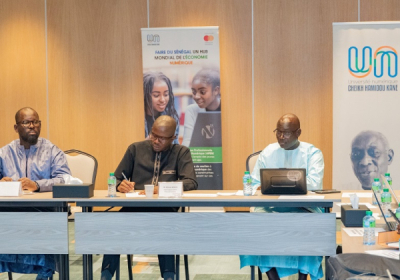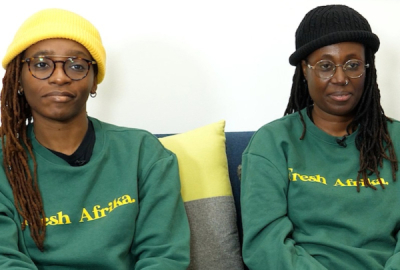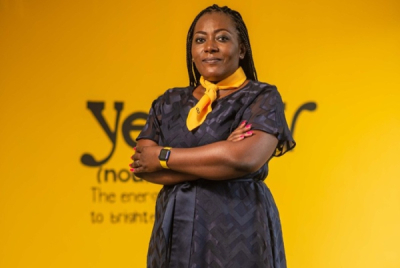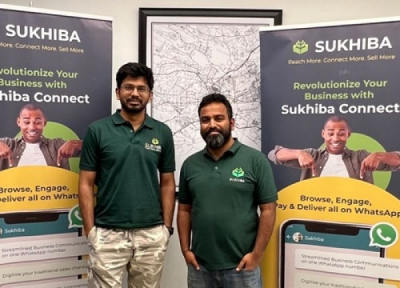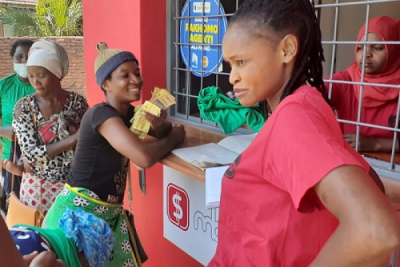Digitizing civil registration systems empowers citizens with legal identity, improves access to rights and services, enables inclusive planning, and unlocks measurable economic and social gains.
Somalia has taken a major step forward in its digital transformation journey with the rollout of a Unified Digital Civil Registration Service in 19 districts across the country. The announcement was made by the Ministry of Interior, Federal Affairs and Reconciliation during the commemoration of the 8th Africa Civil Registration and Vital Statistics (CRVS) Day on August 10. The initiative aligns with the annual AU-backed commemoration established in 2018 to highlight the importance of robust CRVS systems and rally support for ensuring every citizen is officially recorded.
The new platform enables local administrations in Federal Member States—including Jubbaland, South West, Hirshabelle, Galmudug, and Northeastern State—to digitally register births, marriages, divorces, and deaths. All records are stored in a centralized national database, ensuring that citizens’ legal identities are secure, accessible, and tamper-proof.
Officials say the system will significantly reduce administrative bottlenecks, cut costs associated with paper-based records, and improve the speed and accuracy of service delivery. The Ministry is already working to integrate the platform with other government services such as health, education, national ID, and immigration—laying the groundwork for a fully interconnected e-government ecosystem.
According to UNICEF, as part of the digital CRVS pilot, 19 districts were equipped with modern registration tools, including tablets for health facilities without computers. The Federal Ministry of Education has also committed to mainstreaming CRVS into the school enrolment process—starting with primary-age children who have missed out on registration—ensuring that digital identity begins at the earliest stages of life.
Reliable civil registration is the backbone of effective governance and inclusive digital transformation. According to the 2020 Somalia Demographic and Health Survey, only 3% of children under five have had their births officially registered, and a mere 0.3% hold a birth certificate, one of the lowest rates globally. This leaves millions without legal identity, limiting access to education, healthcare, voting rights, and social protection programs.
By expanding access to official documentation, the digital registry is expected to boost citizen participation in public life, facilitate access to social services, and strengthen national planning through reliable population data. Plans are in place to scale the service to every district, including remote and underserved areas.
The move aligns with the African Union’s push for legal identity as the cornerstone of digital governance, and comes as Somalia seeks to modernize public administration, enhance transparency, and close the gap in civil registration coverage.
Hikmatu Bilali



